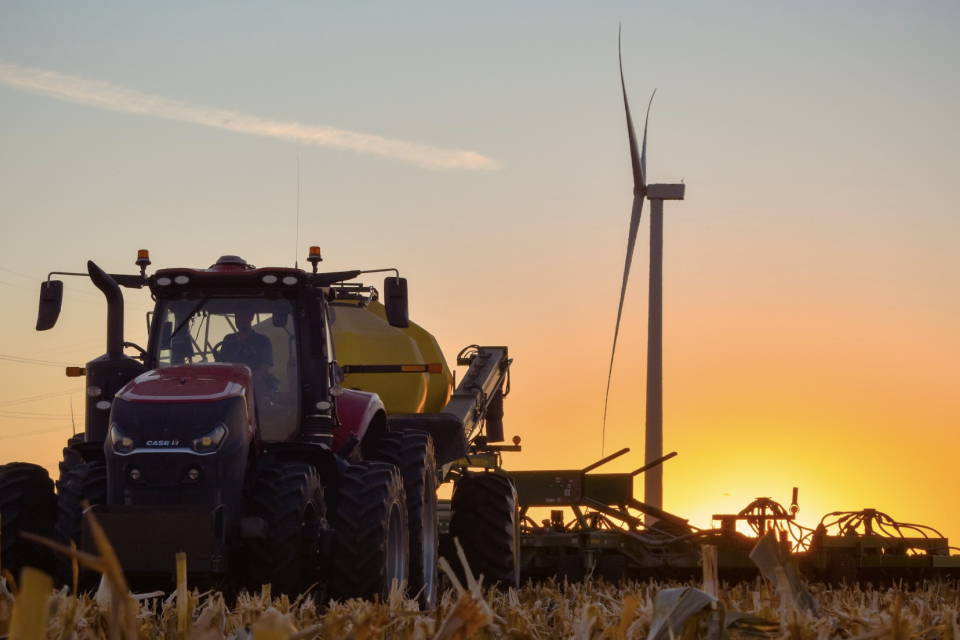Green Acres Milling is a majority producer-owned oat mill currently in development, shaped by thousands of grower conversations and backed by more than 130 farmer-investors. It is designed to turn a shared commitment to regenerating soils into practical infrastructure, fairer pricing, and market access that rewards long-term care of land.
Oats offer a smart lever for the region. They diversify rotations, help ease pesticide pressure by interrupting weed and disease cycles, and meet growing demand for traceable, non-GMO grain. With identity preservation built in and clear multi-year contracts, the mill is intended to give growers predictable pathways to scale regenerative outcomes.
Located within the producing region, the mill is planned to reduce transport distance, keep more value in rural communities, and strengthen provenance from field to finished product. Majority farmer control aligns decisions with soil health, water stewardship, and biodiversity, while creating room for the next generation to build viable, ecosystem-minded operations.
Behind the effort are Landon and Anne Plagge, fourth-generation farmers from a 4,000-acre operation in north-central Iowa. Their pragmatic leadership and community credibility have helped rally growers, secure owner-investors, and shape a model that reflects producer priorities.
This is farmer-led infrastructure taking shape to deliver benefits that flow through fields, supply chains, and communities.
Ecological, Social, and Economic Stewardship Practices
By building a farmer-owned oat mill sourcing domestically grown oats, Green Acres' new mill creates an opportunity to introduce ecological and economic benefits to a large number of acres in the Upper Midwest.
Ecological Stewardship:
- Oats are a cool-weather crop added to a corn-and-bean rotation, increasing diversity with an early harvest that allows a multi-species cover crop.
- Oats require less nitrogen than corn and beans, reducing overall nitrogen needs.
- Adding oats and cover crops increases soil organic matter, improving fertility and resilience to flood and drought.
- Approximately 90% of oats consumed in the United States travel long distances, primarily from Canada; by co-locating the mill within the growing area, the supply chain will be greatly shortened.
- To minimize waste, the mill will create sales channels for off-grade groats, sell hulls for bedding and feed, and ship in 2,000 lb recyclable totes.
- Green Acres has established sourcing requirements for oat growers that include adoption of a growing number of regenerative practices. This is outlined in the Stewardship Statement below.
Social Stewardship:
- The Green Acres team is active locally and is building this mill to benefit farmers in the area by adding a market for a third rotation crop, increasing revenue and price autonomy.
- Even prior to construction, the team has been engaged with the community through events with conservation partners (e.g., community education during a major Iowa bike race and on-farm outreach about regenerative practices).
- The mill will provide 20 new jobs and up to 40 indirect jobs through broader economic activity.
- Green Acres will offer a living wage and full benefits, targeting the top 25% of local pay.
Economic Stewardship:
- Green Acres is committed to local sourcing and maintaining identity preservation from farm through milling.
- The mill will source regional inputs beyond oats where possible, including tote bags and select construction materials.
- The oat mill is majority producer-owned (over 90%), including Anne and Landon’s stake, with intent to remain producer-owned into the future.


